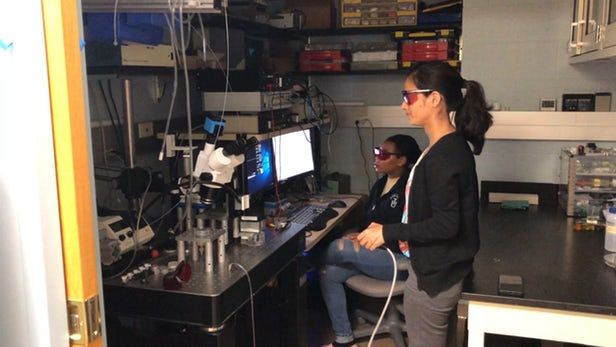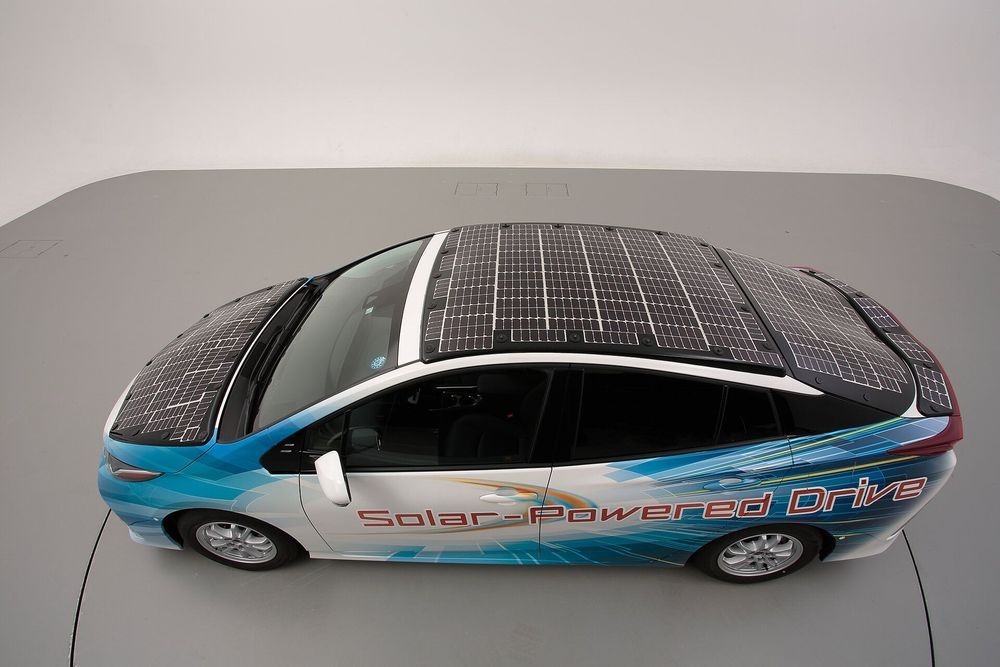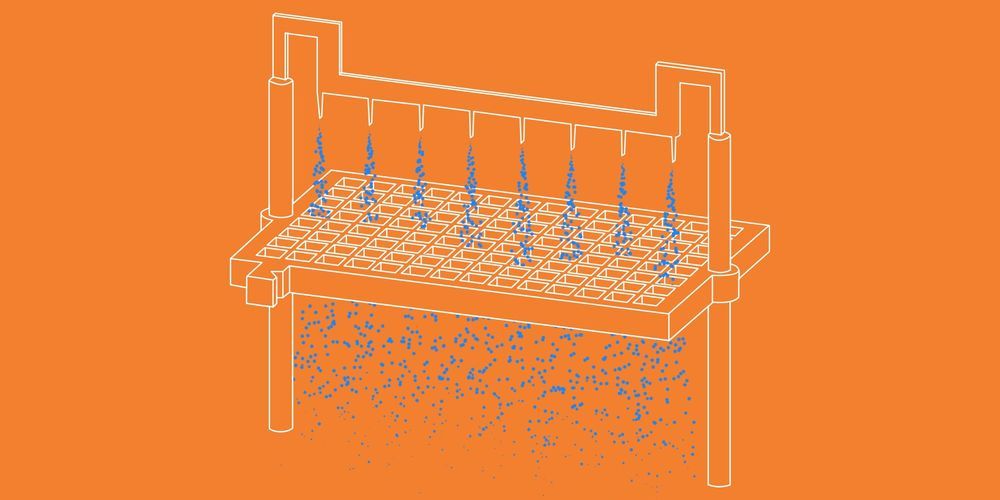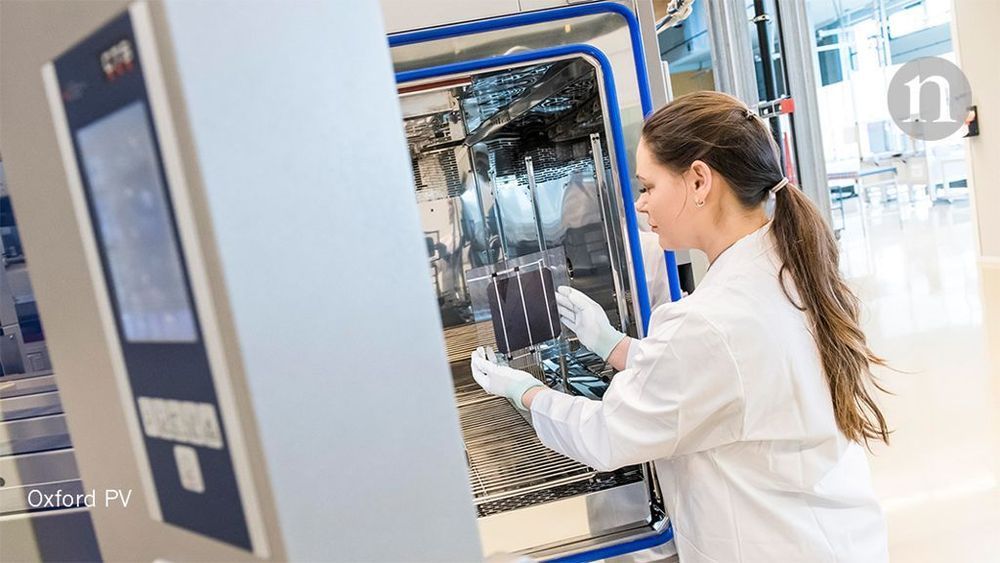What’s not to like about this concept: high-efficiency solar cells gifting electric cars with mileage.
Bertel Schmitt, The Drive, said, “The solar roof could morph from mostly a marketing-device to a helpful feature.” He noted that, referring to plug-ins, “On a fair-weather day, the juice would be provided by the sun, a big improvement especially for people who don’t have their own garage.”
Toyota has ambitions over the concept and is to start testing an onboard solar recharging system where the hood, the roof, and back are covered with cells. The solar roof can charge while the car is on the move.







